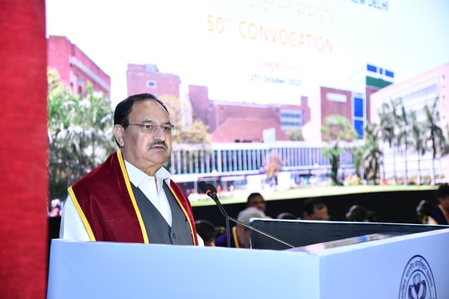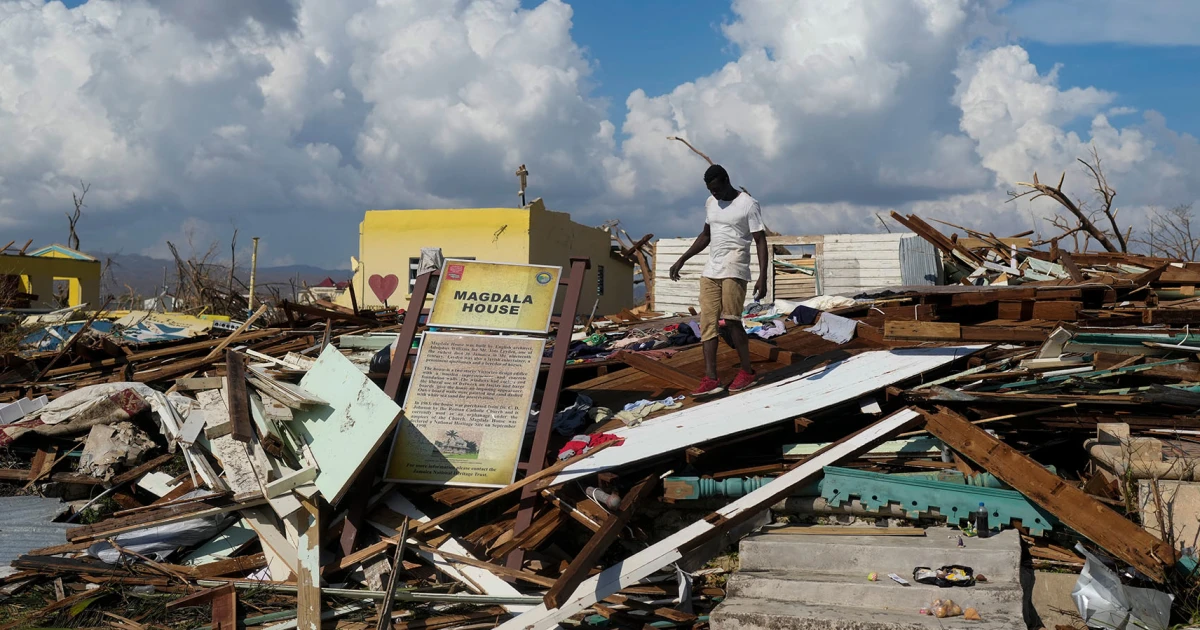Copyright thehindu

One of the biggest futures in science is organocatalysis, (a type of catalysis where the catalyst in the chemical reaction is an organic compound), and with respect to climate change, “we are one catalytic reaction away from solving it,” said David MacMillan, a winner of the Nobel Prize in Chemistry in 2021. He was speaking at the ‘Nobel Prize Dialogue India 2025’, hosted in collaboration with Tata Trusts here on Monday. The Scottish chemist added, “We have to think about catalysis for the future. We have to care about eight billion people…” If we must meet the needs of the increasing global population, we need to research into the new types of catalysis. India is ‘ascending at an extraordinarily rapid rate, and it has also this fantastic chemistry group here’. The country is extremely well positioned to build on an innovative sense, the biotech and the pharmaceutical companies for the future for India, also for the world, he said. During Bengal partition Gagandeep Kang, a physician-scientist who played a pivotal role during the COVID pandemic, spoke about the innovation in India’s health sector, starting with oral rehydration with sodium and glucose that brought down cholera deaths during the Bengal partition. “It took until 1974 for the World Health Organisation to recommend oral rehydration therapy and it’s been estimated recently that about 70 million lives have been saved so far because of the solution,” she said. Dr. Kang said that the diseases of concern in the future are infectious diseases such as tuberculosis and non-communicable diseases, particularly cardiovascular and diabetes. Health and infra Health is not just about the healthcare system but involves critical urban infrastructure interventions, said Tolulla Oni, a public health physician and professor at Cambridge University. “I’m trained as a physician and a doctor and I’m trained to heal, but actually the vast majority of factors that influence our health lie outside of the healthcare sector. They lie in the environments where we live, where we work, where we play, where we connect. They lie in our transport systems, our education systems, our energy infrastructure, our built environment, our food environments,” she said. ‘India’s tax-to-GDP ratio one of the world’s highest’ On inequality, globally and in India, noted economist Montek Singh Ahluwalia, said, “You may have inequality before taxation but you can have greater equality after taxation, if you have the right kind of taxes.” The fact is in India we revel in giving tax exemptions in successive governments, he said. “They announce that they will raise the minimum level free of income tax from A to B and as a result, the level at which tax is levied in India, as a ratio of its GDP, is higher than in any other country.” Cities do not have a system of effective governance, he said. “And I think this is a huge problem, and it cannot be solved unless you actually change the Constitutional responsibility for the division of power. That’s a big task. But that’s what we should concentrate on.” Climate change, he said, is a devastating reality, compounded by inequality around the world.



